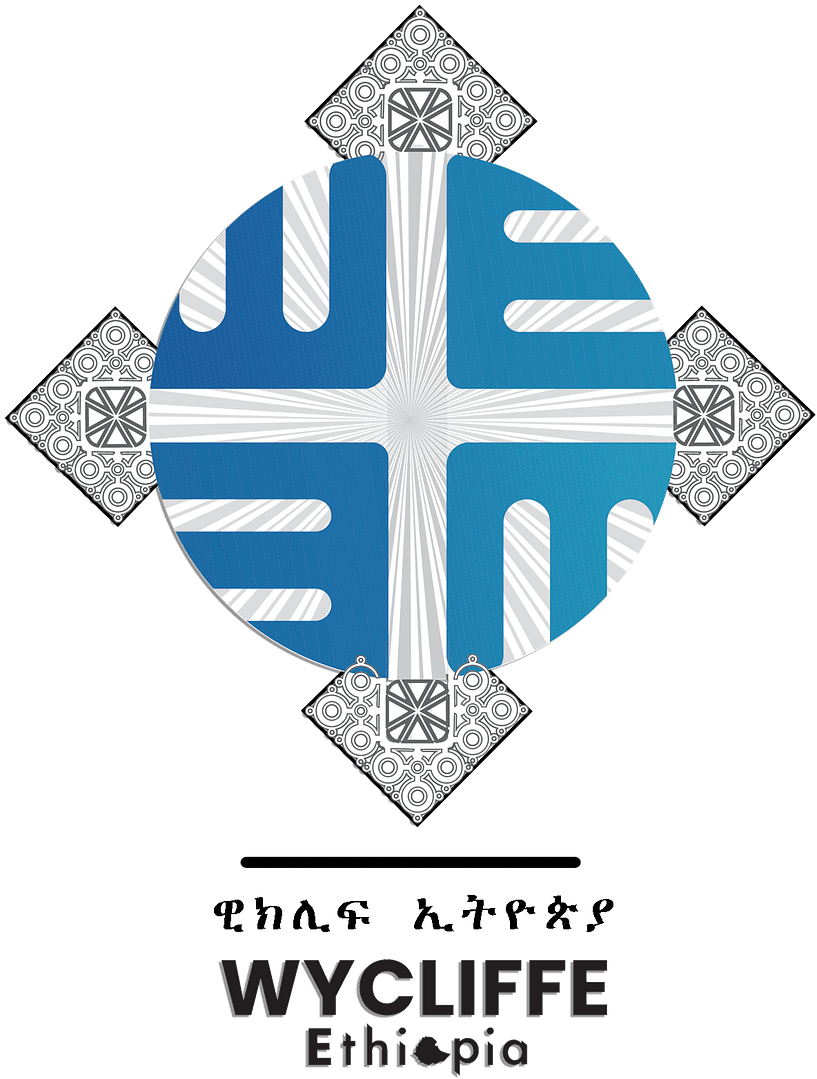Mursi Translation

The Mursi (or Mun as they refer to themselves) are a Surmic ethnic group in Ethiopia. They principally reside in the Debub Omo Zone of the Southern Nations, Nationalities, and Peoples Region , close to the border with South Sudan. According to the 2007 national census, there are 11,500 Mursi, 848 of whom live in urban areas; of the total number, 92.25% live in the Southern Nations, Nationalities, and Peoples Region (SNNPR). Surrounded by mountains between the Omo River and its tributary the Mago , the home of the Mursi is one of the most isolated regions of the country. Their neighbors include the Aari , the Banna ,
the Mekan , the Karo , the Kwegu , the Nyangatom , and the Suri . They are grouped together with the Me’en and Suri by the Ethiopian government under the name Surma .
The Mursi speak the Mursi language as a mother tongue. It is a part of the Surmic language family. Mursi is closely related (over 80% cognate) to Me’en and Suri, as well as Kwegu. According to the 1994 national census, there were 3,163 people who were identified as Mursi in the SNNPR; 3,158 spoke Mursi as their first language, while 31 spoke it as their second language. According to the analytical volume of the 1994 national census, where Mursi was grouped under Me'en, 89.7% were
monolingual, and the second language spoken was Bench (4.2%), Amharic, which serves as one of the six official languages of Ethiopia. (3.5%), and Kafa (1.1%).
The Mursi are very proud of their culture and language and desire to develop their own written materials in many areas of life.
Wycliffe Ethiopia is involved among the Mursi in Bible Translation and Literacy. The New Testament is at its final stage and will be sent for publication soon. We have 6 literacy classes in Mursi and the Mursis are learning to read and write in the mother tongue. Once completed the NT will also be in audio format.
